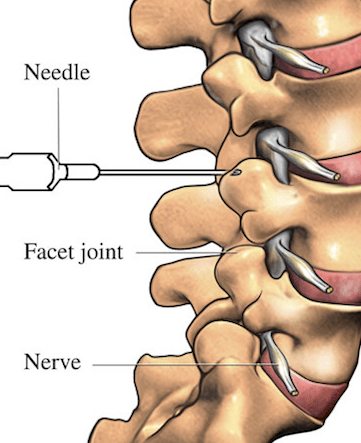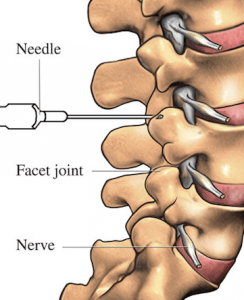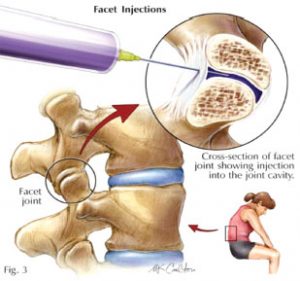Adding to the long list of reasons NOT to smoke; researchers have identified the connection between the worsening of degenerative disc disease and cigarette smoking linked. This is according to the research conducted by the Association of Academic Physiatrists Annual in Sacramento, California.
These discs however, degenerate through time, normally due to aging; they get dehydrated and shrink in size. This results to chronic pain, as stress is no longer absorbed and vertebrates start to hit each other. In many cases, the degeneration of these discs results to tears and cracks; causing jelly-like part of the cervical disc to slip out and irritate the surrounding nerves; resulting to pain in hands, fingers, arms, and shoulders.
Damage Discs
Wear and tear damages the discs overtime, but there are also other factors that contribute to the problem; such as unhealthy habits like smoking. According to the research conducted by Dr. Mitchel Leavitt’s from the Dept. of Physical Medicine and Rehabilitation of Emory University; smoking can affect the degeneration of cervical disc; along with the danger of developing microvascular disease – a chronic condition in small blood vessels caused by cigarette abuse. Dr. Mitchel Leavitt explained that, the intervertebral disc gets their nourishment from microvasculature; a line that runs through any side of each disc, and when damaged; these bloods vessels don’t receive ample nourishment, speeding up the spine’s degenerative process.
Though there may be studies conducted before that suggests the associated of smoking and lumbar; (base of the spine, lower back) spine’s degeneration; no study have been conducted to determine smoking’s effect on cervical spine. Dr. Leavitt and his team from Emory University studied 182 successive patients and evaluate them through CT scans.
Smoking Linked Research Shows
The study considered smoking status of the patients; and determines their number of packs they have smoked throughout the years since they first started smoking linked. Also, the research included other health information as variables for considerations; such as age, BMI, diabetes, high blood pressure, and high cholesterol.
Research shows regular smokers have more damage in their cervical disc by one point, on average. Also, increase in age contributes to the worsening of the disease; but co-existing diseases such as high BMI, high cholesterol, hypertension and diabetes, were not related with the disease.
This just further emphasizes what smoking does to the human body. Tobacco and nicotine abuse is associated to wide array of diseases, including death. Dr. Leavitt also exclaims in his study the other lifestyle factors the contributes to chronic neck pain. Dr. Leavitt’s study will definitely help physicians provide their patients with better education on how smoking contributes to their disease and why they should to quit it.
As with other physicians suggests, Dr. Leavitt said that; moderate exercise of four to five times a week is beneficial, as well as avoiding smoking and maintaining balanced diet. However, these suggestions usually refer to heart health, managing diabetes, blood pressure; and controlling other medical conditions, and no specific suggestions for spine health. That is why having plenty of data to support lifestyle management is crucial for both doctors and their patients. More research should are still needed to conduct the effect of other lifestyle factors to degenerative disc disease; such as alcohol use, obesity, plant-based vs. high-in-fat diet, he added.




 I love to write medical education books. My books are written for everyone in an easy to read and understandable style.
I love to write medical education books. My books are written for everyone in an easy to read and understandable style.